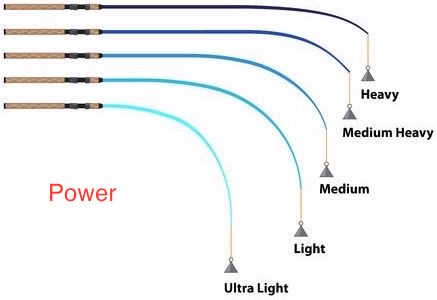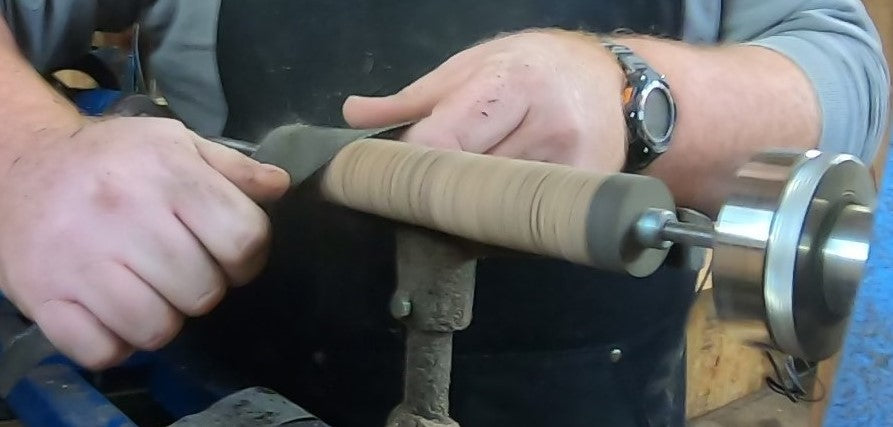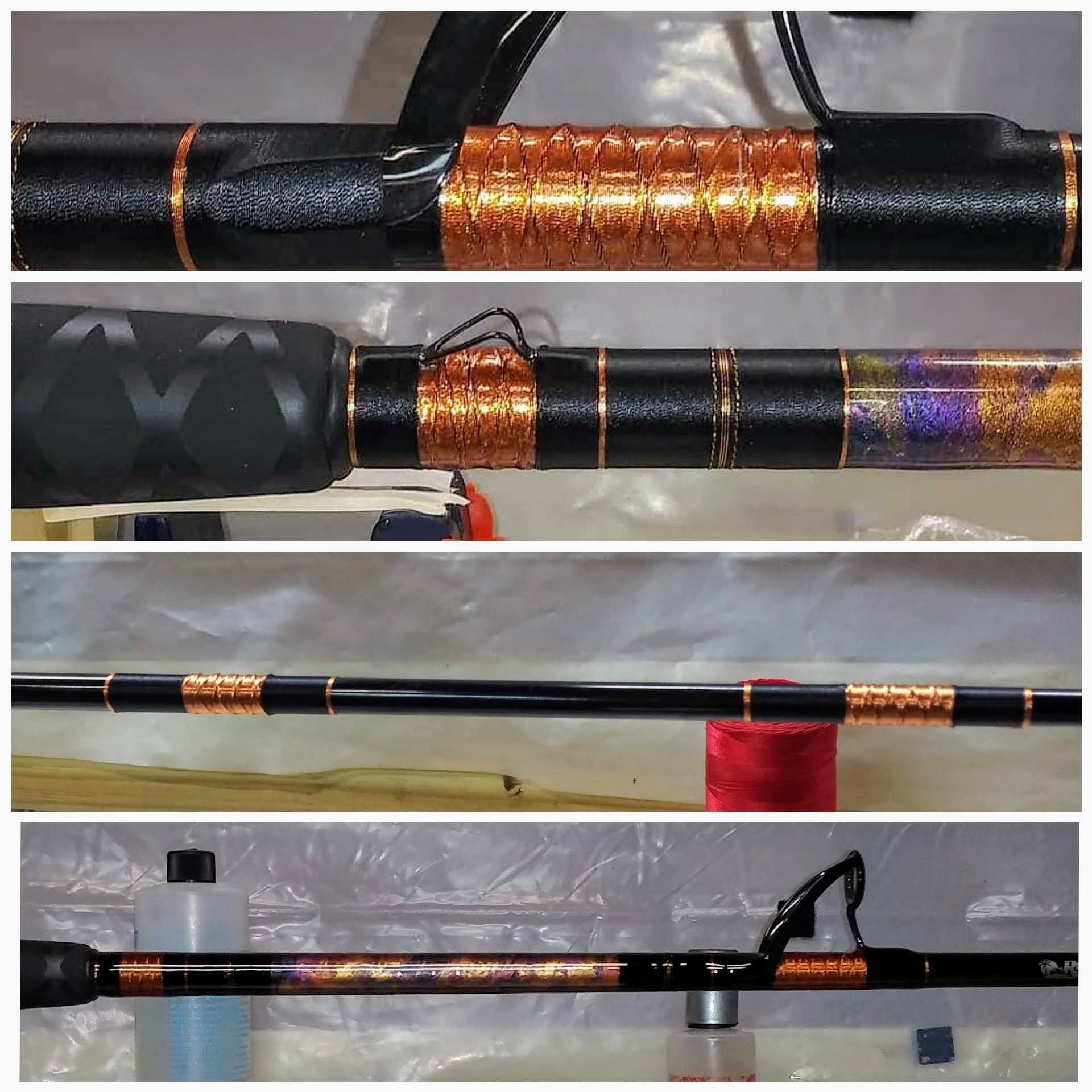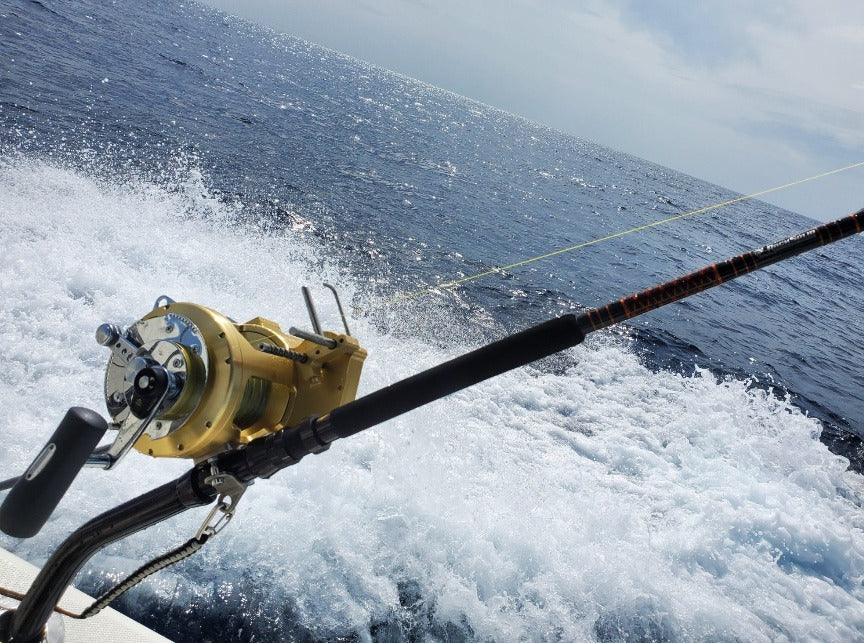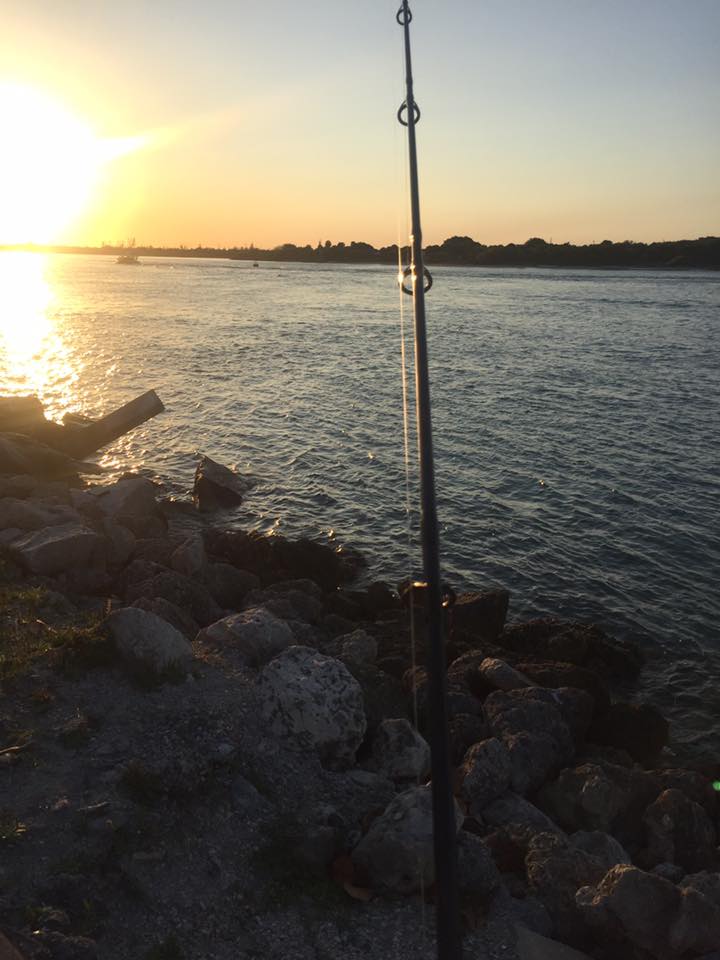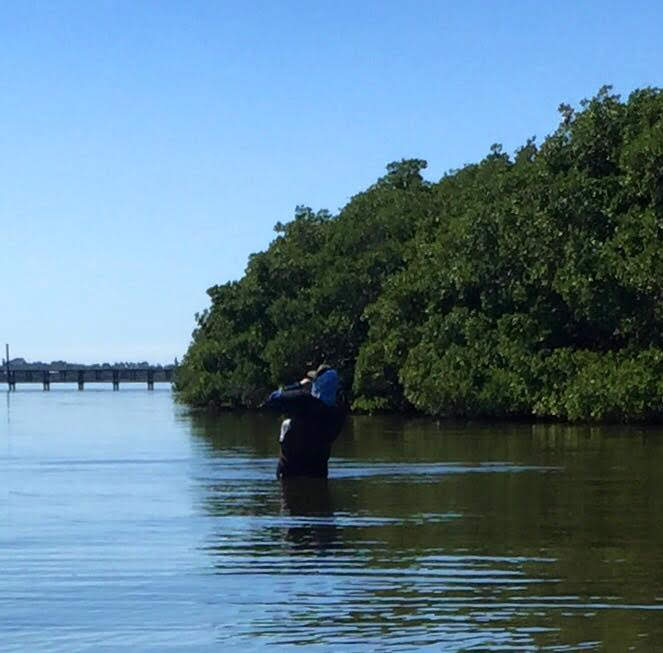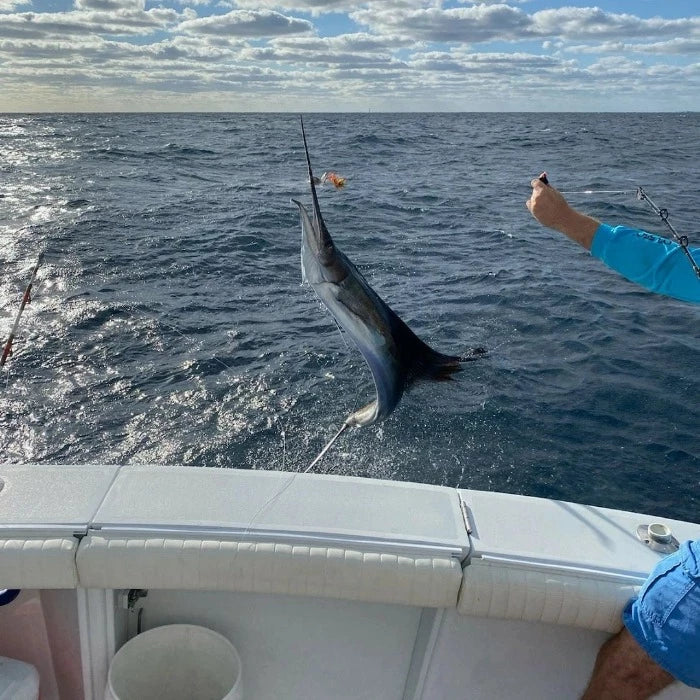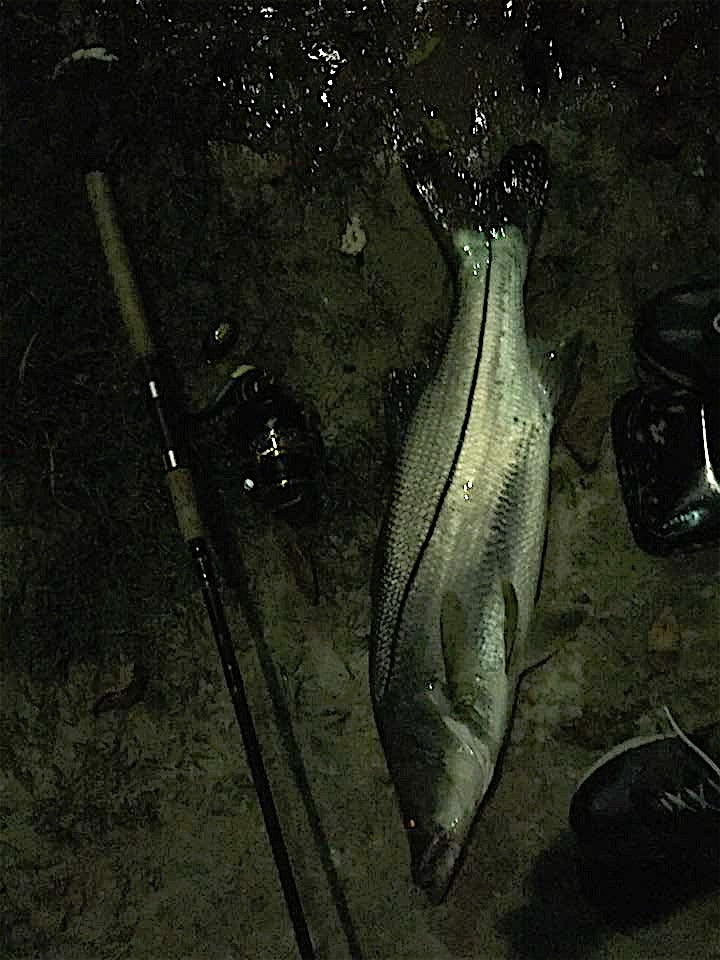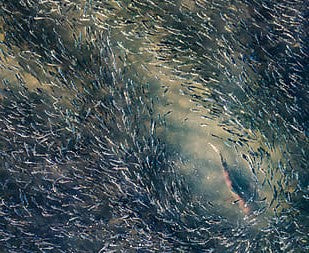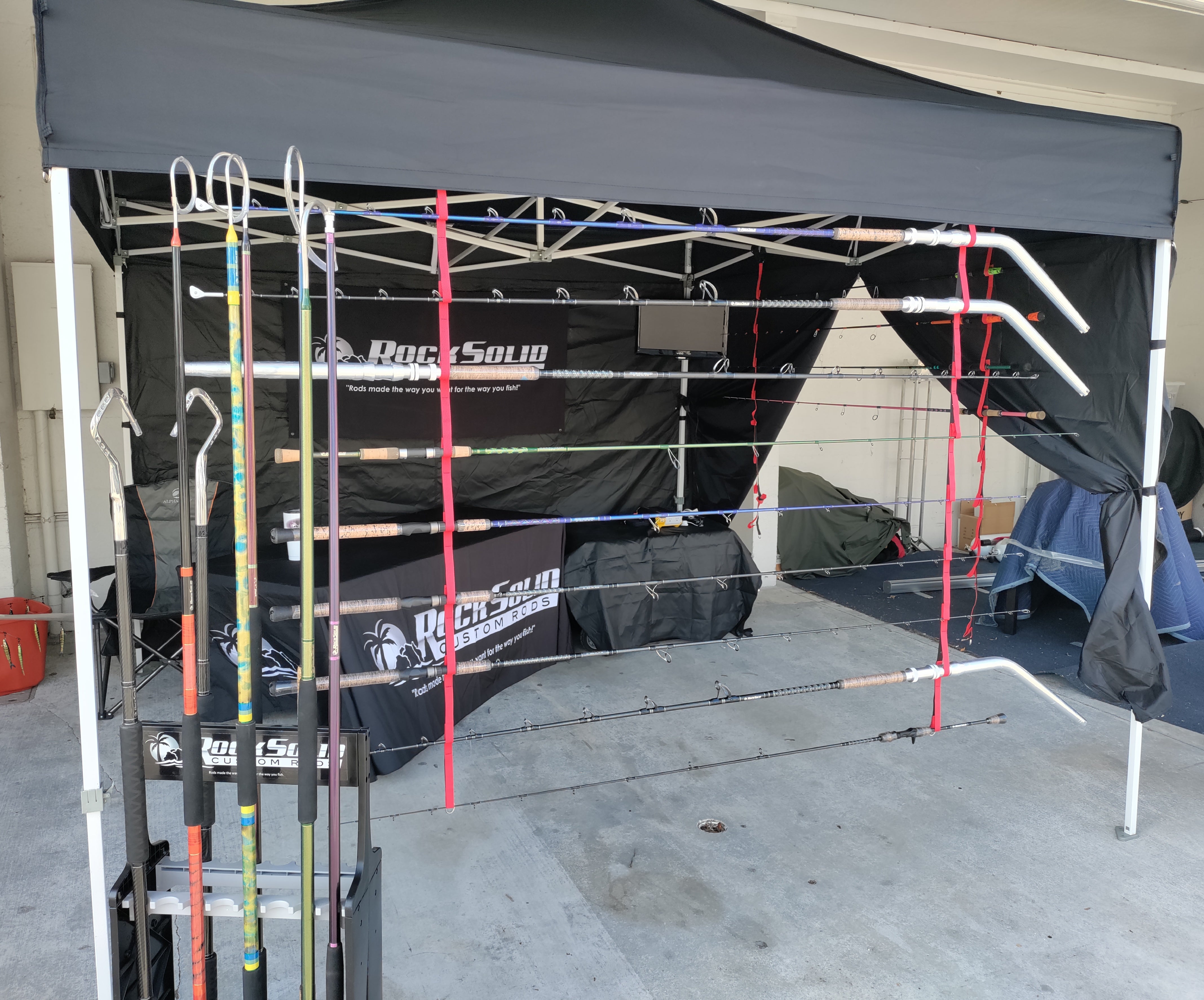When it comes to slow pitch jigging, one of the most important factors to consider is the weight of your rod. The right weight can make a significant difference in your fishing experience, allowing you to effectively target the desired species and maximize your chances of success. In this blog post, we will guide you through the process of choosing the perfect weight for your slow pitch jig rod.
Getting Started with Slow Pitch JiggingIf you're interested in trying out slow pitch jigging, there are a few key things to keep in mind. First, you'll need the right equipment, including a slow action rod, a high-quality reel, and specialized slow pitch jigs. It's also important to learn the proper technique, which involves a rhythmic up-and-down motion with the rod to create an enticing jigging action. Practice makes perfect, so don't be discouraged if it takes some time to master this technique.
Factors to ConsiderWhen choosing the weight for your slow pitch jig rod, there are a few factors you should take into consideration:
- Target Species: Different species of fish require different jig weights. Research the specific species you are targeting and determine the optimal weight range for that particular fish.
- Water Conditions: The depth and current of the water you will be fishing in also play a role in determining the ideal rod weight. Deeper waters and stronger currents may require heavier weights to maintain control and reach the desired depth.
- Personal Preference: Ultimately, your personal preference and fishing style should also be taken into account. Some anglers prefer lighter rods for finesse fishing, while others may opt for heavier rods for more power and control.
The weight of your slow pitch jig rod plays a crucial role in determining its performance and functionality. Here are a few reasons why it is important to choose the right weight:
- Sensitivity: A lighter rod offers better sensitivity, allowing you to feel even the slightest nibble or movement underwater. This is particularly important when slow pitch jigging, as it requires precise control and detection of subtle bites.
- Comfort: The weight of the rod also affects how comfortable it is to use for extended periods. A lighter rod reduces fatigue and strain on your arms, wrists, and shoulders, allowing you to fish for longer without discomfort.
Now that you understand the importance of rod weight and the factors to consider, let's discuss how to choose the right weight for your slow pitch jig rod:
- Research: Start by researching the target species and their preferred jig weights. Look for recommendations from experienced anglers or consult fishing guides and resources.
- Experiment: If possible, try out different rod weights before making a final decision. Borrow rods from friends or visit a local tackle shop that offers rod rentals. This hands-on experience will give you a better understanding of how each weight feels and performs.
- Consider Versatility: If you plan to target a variety of fish species, consider choosing a rod weight that offers versatility. Opting for a medium-weight rod can provide a good balance for different fishing scenarios.
- Rule of Thumb: To help determine what weight rod you need, you can start with one gram of weight per one foot of water depth. This of course, is also dependent on the conditions with wind, drift and current.
Remember, the right weight for your slow pitch jig rod may vary depending on the specific fishing conditions and your personal preferences. Take the time to experiment and find the weight that feels comfortable and suits your fishing style. With the right weight, you'll be well-equipped to enjoy a successful slow pitch jigging experience!


